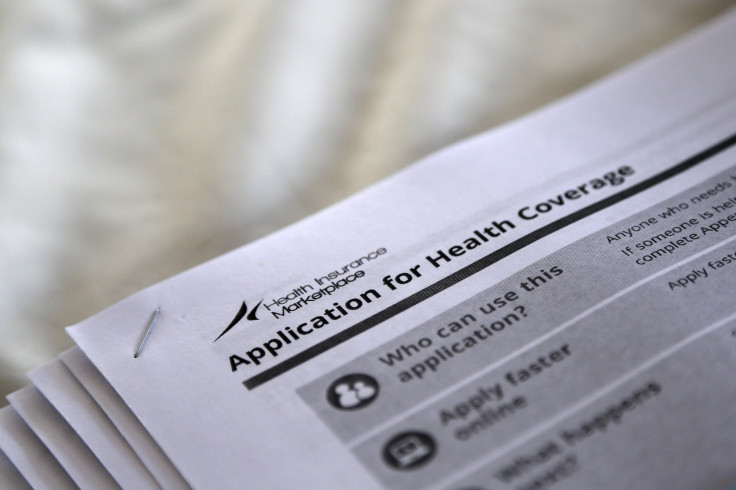Medicaid Expansion Popular Among Low-Income American Adults

The debate over whether or not to expand Medicaid has helped fuel countless arguments among health care providers and state and federal leaders since the Supreme Court ruled in 2012 that the choice be left to individual states. But a new study published in the journal Health Affairs sheds light on the views of another poorly heard player in this arena: low-income Americans.
The study, conducted by members of the Harvard School of Public Health, found that 80 percent of 2,864 adult Americans who potentially or could potentially qualify for Medicaid are in favor of expanding it. All participants were reported in the study to be living on a household income of less than 138 percent below the federal poverty level. The study was not random, using state-based cell phone and landline numbers. Factors included race, age, income, sex, education, and demographics.
"While politicians and leaders have weighed in on this issue, there’s been much less attention paid to the views of people whose lives are most affected by these issues," Benjamin Sommers, a co-author of the study and an assistant professor of health policy and economics at HSPH, told Medical Daily.
Medicaid expansion falls under the Affordable Care Act, signed into law in March 2010 by Barack Obama, who hoped that it would bring more affordable coverage to 16 million more Americans living on low-incomes. The 2012 ruling though altered this approach, switching power from Federal to state hands. As of August 2014, 28 states and the District of Columbia have chosen to expand, with two debating the issue and 21 opting against it, according to Henry J. Kaiser Family Foundation.
The study took place in November and December 2013 before expansions kicked in around January. Participants ranged in age from 19 to 64 and lived in three states down south where attitudes are primarily more conservative. But the states were mainly chosen because of their different approaches to expansion: Kentucky, which has expanded Medicaid; Texas, which has not; and Arkansas, which has opted to use Medicaid funds to pay for more private insurance services for low-income residents.
Those who said they planned to apply if expansion took place reasoned that Medicaid was more affordable, offered better quality and was better than being uninsured. Most who said no claimed they did not see themselves qualifying or expected to have another form of coverage.
“The majority said Medicaid was equal or better to overall quality than having private insurance,” said Sommers, who added that Medicaid was more popular among less educated people on lower incomes and stronger in support among Democrats than Republicans.
The authors admit that the study has limits including the response rate which was lower than those found in government surveys but similar or better than those in surveys conducted through random phone calls. The information was self-reported, a problem due to the influence of health literacy and insurance status on health status and clinical conditions, according to the study.
The study also took place in only three states, limiting its reliability though found that due to the high conservative populations in these states, the study may suggest higher levels of support in more liberal states and that the views of people living on low-incomes may not be taken into consideration enough.
“The problem is that these are not very influential people in the political system because they have low income and they don’t vote in high numbers,” Sommers said. “Ideally, you’d like to see that public programs that are popular amongst people in them would get expanded but that doesn’t always happen.
A follow-up study is set to take place later this year in which participants will be asked if they still favor expansion, particularly those in Kentucky where expansion has already taken place, and in Arkansas where Medicaid funds have been used to purchase more private coverage.



























